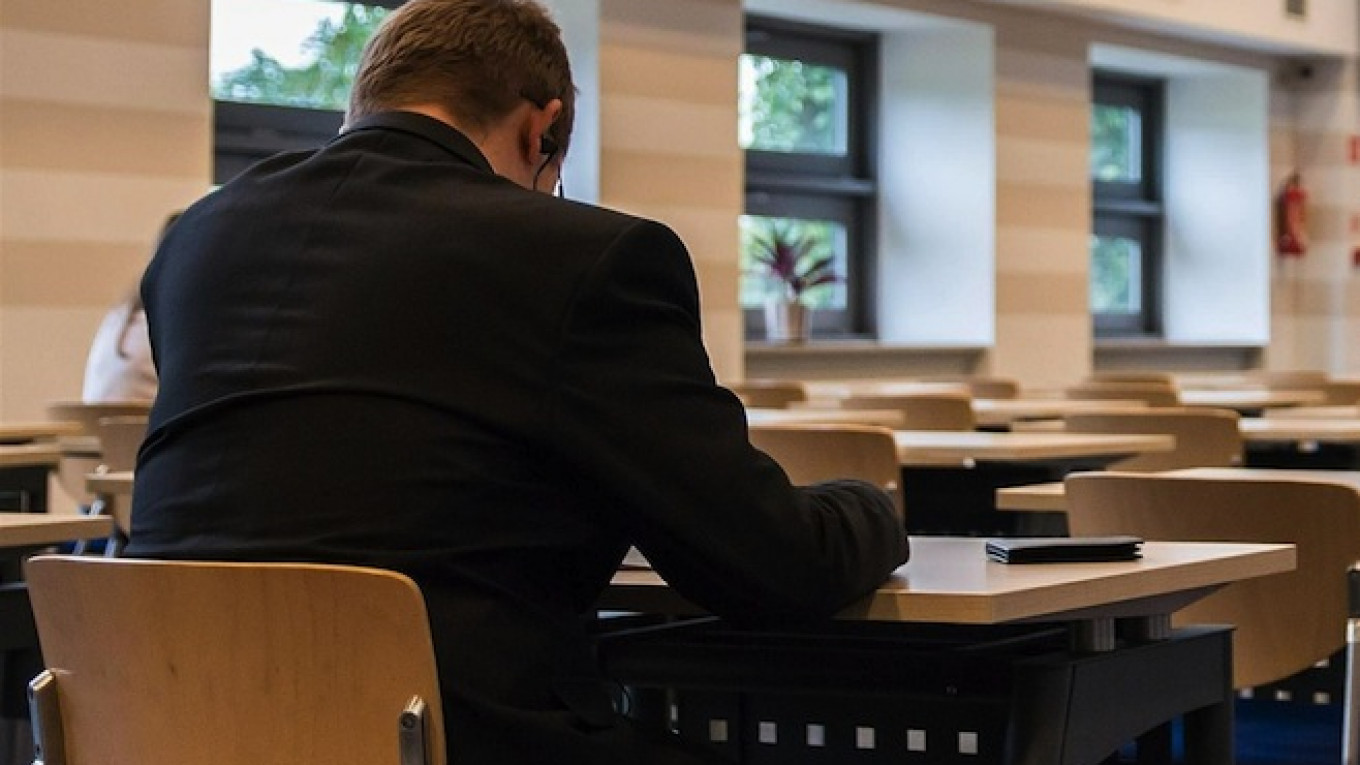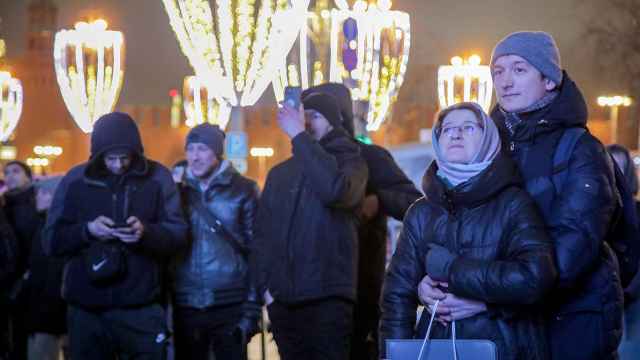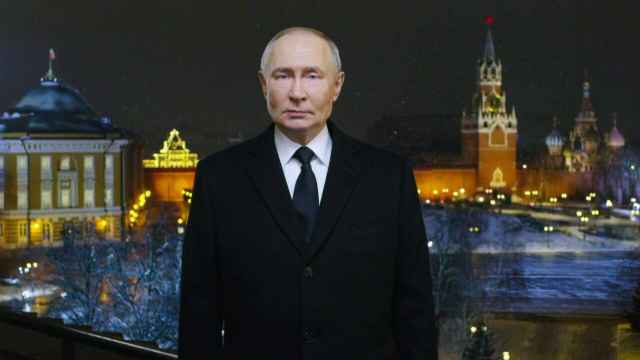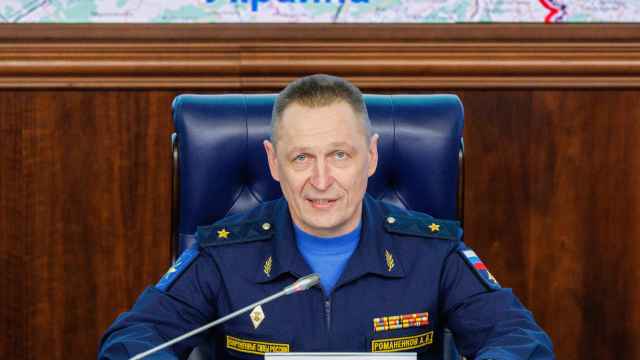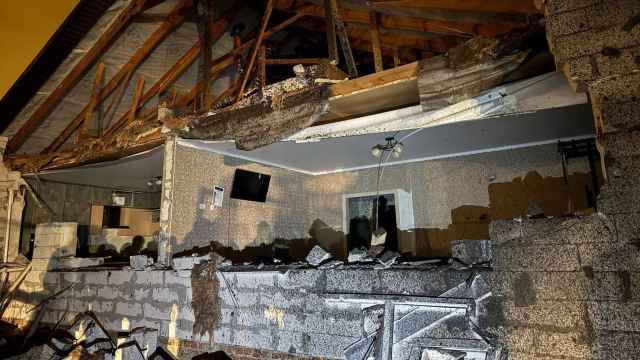One in five graduate theses defended by rectors of Russia’s universities contain extensive plagiarism, according to a report by the Dissernet prominent online group devoted to exposing intellectual fraud by public figures.
The online group has analyzed the theses defended by 311 current university rectors during their graduate study over the past 15 years, and have found that 66 of the dissertations — or 21 percent — contain massive borrowings, Dissernet co-founder Andrei Rostovtsev said, Grani.ru news portal reported Sunday.
Despite Dissernet's submission of the results of its research to Education Minister Dmitry Livanov and to the Higher Attestation Commission, the rectors accused of plagiarism continue to “thrive,” Rostovtsev was quoted as saying.
The attestation commission has stripped State Duma lawmaker Rishat Abubakirov of his doctoral degree in economics, after reviewing Dissernet's report exposing his thesis as plagiarism, another of the group's co-founders, journalist Sergei Parkhomenko, said on his Facebook page Friday.
Parkhomenko praised the decision as having created a “precedent,” adding: “This is the first sitting lawmaker Dissernet has scored.”
Abubakirov's thesis, which he defended in Russia's republic of Tatarstan in 2009, was found to contain dozens of pages fully copied from five research papers by other authors, Grani.ru reported. Out of the 314 pages of Abubakirov's thesis, only 43 pages were comprised of original work, according to Dissernet.
Dissernet has exposed plagiarism in the theses of an array of Russia's top government officials and political figures, but plagiarism by academic leaders was believed to be less common.
A Message from The Moscow Times:
Dear readers,
We are facing unprecedented challenges. Russia's Prosecutor General's Office has designated The Moscow Times as an "undesirable" organization, criminalizing our work and putting our staff at risk of prosecution. This follows our earlier unjust labeling as a "foreign agent."
These actions are direct attempts to silence independent journalism in Russia. The authorities claim our work "discredits the decisions of the Russian leadership." We see things differently: we strive to provide accurate, unbiased reporting on Russia.
We, the journalists of The Moscow Times, refuse to be silenced. But to continue our work, we need your help.
Your support, no matter how small, makes a world of difference. If you can, please support us monthly starting from just $2. It's quick to set up, and every contribution makes a significant impact.
By supporting The Moscow Times, you're defending open, independent journalism in the face of repression. Thank you for standing with us.
Remind me later.


